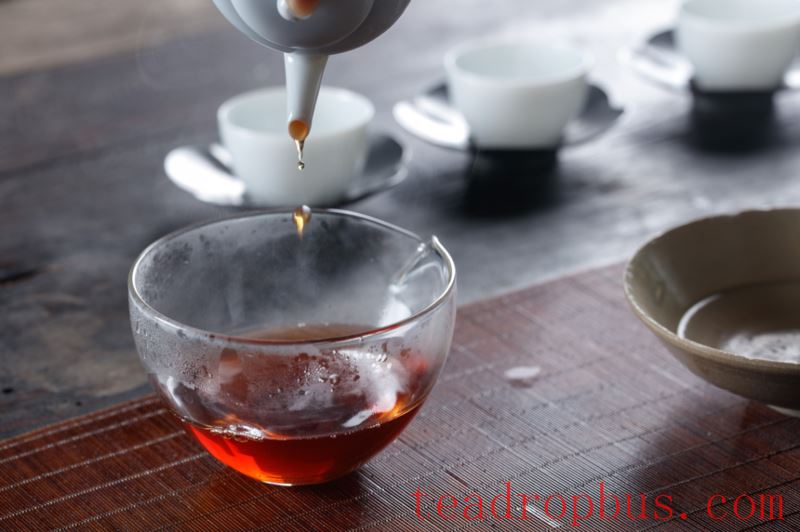
In the complex and varied Tea market, not only may tea products be counterfeited or of substandard quality, but the sales tactics used by tea vendors might also mislead you.
Today, we will review some common misleading phrases that tea vendors often use when you're buying tea.
“If it's not bitter or astringent, it's not real tea.”
This is perhaps the most misleading statement. Teas usually have a degree of bitterness and astringency, but good teas should have these qualities dissipate and be followed by a sweet aftertaste. The better the tea, the faster this transformation happens and the sweeter the aftertaste.
If the bitterness and astringency do not transform into sweetness and linger in your mouth, it indicates a low-quality tea.
Consumers must be vigilant about this phrase.
“Though my tea isn't very fragrant, it has great character.”
The character of tea refers to the unique sensations experienced when drinking the infusion, a kind of feeling or state, while aroma is one of the most basic criteria for evaluating the quality of tea. Without fragrance, how can there be any talk of character?
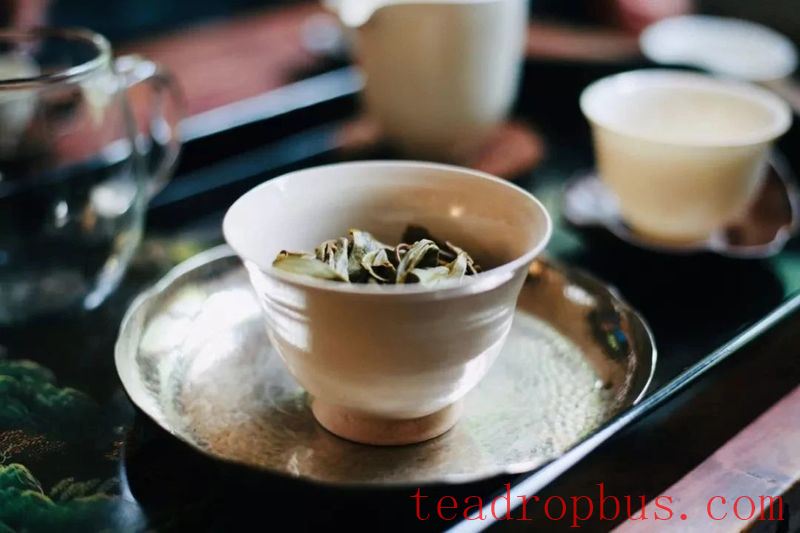
“There's no such thing as good or bad tea; what matters is whether it suits you.”
“You'll get used to it over time.”
These statements are originally quite reasonable but can easily be exploited by tea sellers to mislead customers.
When tea sellers say “tea,” they refer to various types, and different people have different tastes, constitutions, and financial capacities, which means the suitable tea can vary widely.
For an individual, there is no single type of tea that is universally the best. Perhaps at one stage, Oolong tea is suitable for you, while at another time, Black Tea might be more fitting. However, when referring to a specific type of tea, there is definitely a distinction between high and low quality. Otherwise, the entire tea evaluation system would lose its foundation.
“I know Master ××× of tea.”
“I'm related to Master ××× of tea.”
The implication is that my tea is excellent!
You're selling tea, not relationships. Does being associated with a master automatically mean one understands tea? Moreover, the claim of being a relative may not even be true.
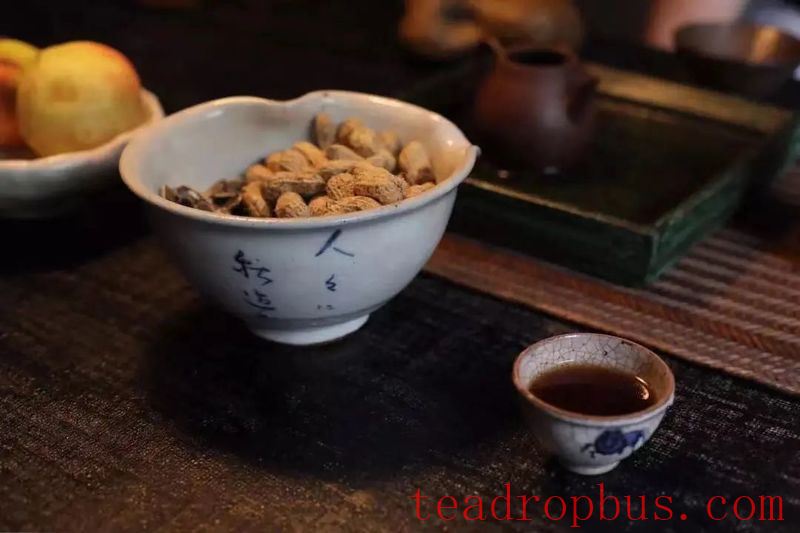
“This tea is pure, naturally-grown, and wild-harvested.”
“Only wild tea is truly good.”
Tea is a cultivated crop that has been domesticated by humans.
Small trees and shrubs of tea plants are the result of long-term human cultivation. Wild tea that grows without management lacks nutrients and pest control, so the quality of the leaves cannot be guaranteed. Besides, who would have the time to pick wild tea for you in bulk?
“This tea is exclusive to my shop.”
“You can only taste this tea here.”
This statement isn't necessarily misleading, but “exclusive” does not equate to “good.” One shouldn't overcharge just because the concept of “private customization” is invoked.
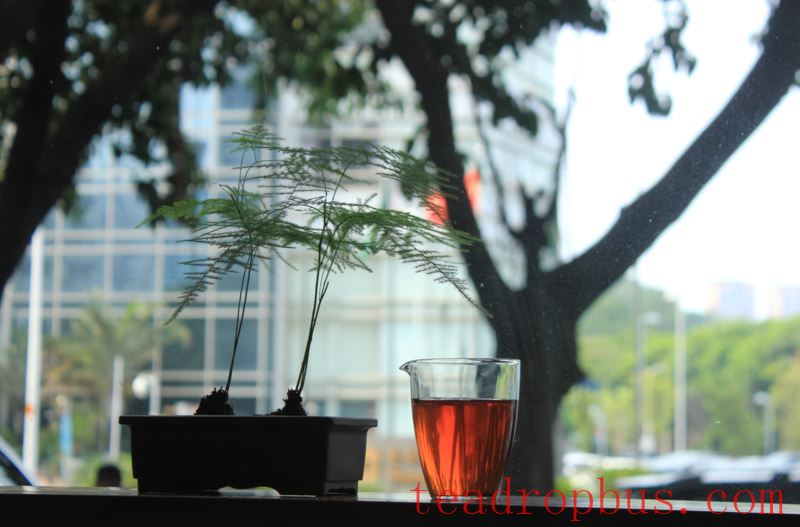
“It doesn't taste good now, but it will improve over time.”
This statement isn't necessarily misleading, but it depends on the type of tea you're buying. Some teas improve with age, while others should be consumed soon after processing. However, not all teas become better with storage.
For example, pan-fired and stir-fried green teas are typically ready to drink around ten days after processing, at which point they have the best flavor balance and are less likely to cause heatiness. Black teas generally don't require special aging and can be consumed immediately. On the other hand, Pu'er and white teas are suitable for long-term storage. However, the prerequisite for long-term storage is that the tea must be of high quality. If the tea itself is substandard, prolonged storage will not add value.
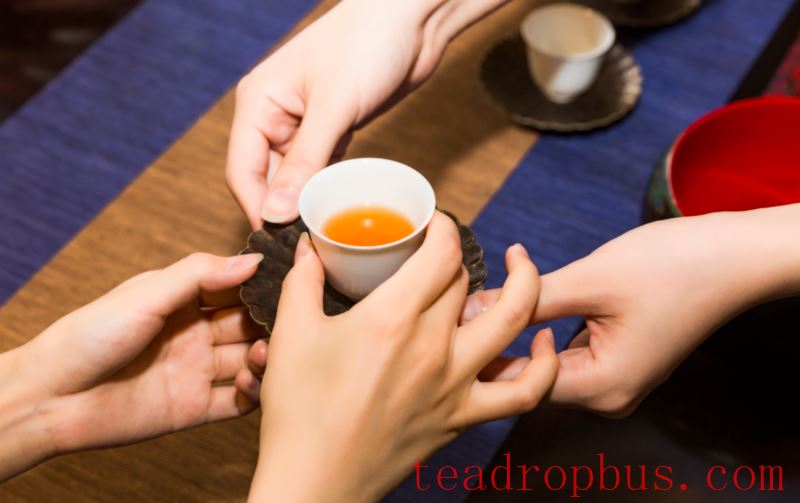
“You'll become addicted to this tea.”
Long-term tea drinkers develop a preference for tea, which is sometimes referred to as a “tea addiction.” Therefore, it's said, “One cannot live a day without tea.” “Tea addiction” gradually develops from forming a habit of Drinking Tea and doesn't imply immediate addiction upon tasting a particular tea.
The physiological dependence caused by drinking tea is primarily due to Caffeine. Relatively speaking, caffeine does not create strong addiction but rather provides a good stimulant effect without causing excessive excitement or addiction.
After reading the above, you should have a better understanding of how to judge when buying tea. Before purchasing tea, make sure to learn about tea knowledge, which will make it difficult for you to be misled.
If there are any copyright issues, please contact us for removal.